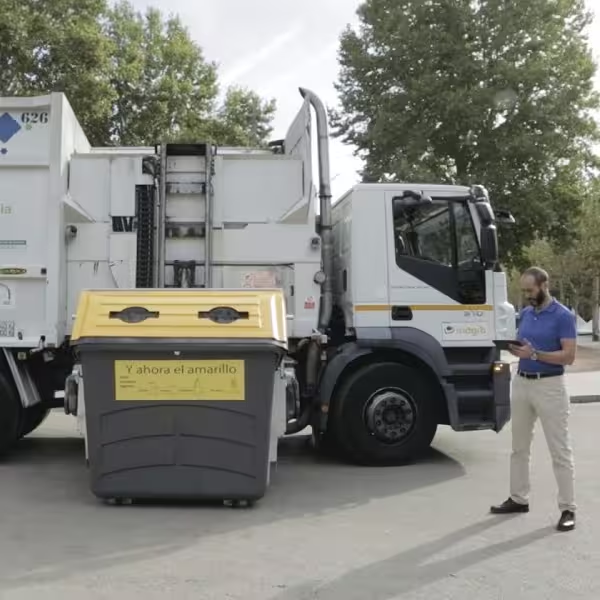Ferrovial designs digital participation solutions
Kuorum provides technology that enables companies and governments to involve citizens in the design of public services and policies. Our clients in six countries launch surveys, debates, consultations and other participatory processes that not only gauge public opinion but also empower citizens to play a leading role in city-building. By combining online data collection with street-level surveys, focus groups, and other quantitative and qualitative methods, we create detailed maps of citizens' habits and motivations. This approach allows us to propose innovative solutions to everyday problems that might otherwise become entrenched once the service is implemented.

One illustrative case is the management of the organic fraction of household waste. Municipalities are required by regulations to increase the proportion of biowaste that is managed separately. Some service companies simply distribute brown containers across the municipality. But this effort is futile if citizens do not separate this type of waste in their kitchens. Thanks to our studies, Ferrovial identifies cities where there is potential for creating ecosystems conducive to composting. In urban areas with large green spaces, farmers, gardeners, and residents collaborate to combine pruning waste with food scraps, producing compost to enrich agricultural soil. The sense of ownership fostered within these circular economy ecosystems is so strong that some residents even become "composting masters," dedicating their free time to monitoring and maintaining composting facilities.
In short, thanks to Kuorum's technology and its expertise in user-centered design techniques, Ferrovial can develop street cleaning and waste collection projects that are more efficient. Unlike other companies, Ferrovial designs services tailored to the unique characteristics of each community, ensuring higher recycling rates. As a result, the local governments that partner with Ferrovial are better positioned to meet the United Nations Sustainable Development Goals (SDGs) and the requirements outlined in the European Union’s Circular Economy Action Plan, adopted in 2018.

"We were able to gather the opinions and suggestions of many citizens, which helped us design more efficient projects."
PhotoRoom.png-PhotoRoom.png)
At Kuorum we help people around the world make collective decisions that matter. Tell us your goals and we'll tell you how we can help.
Request a demo











